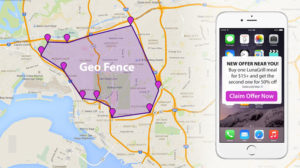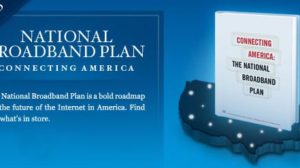NFC and competing technologies are revolutionizing mobile payment processing, but the driver of change is not what many would expect.
Show Me the Money, Er Data


NFC and competing technologies are revolutionizing mobile payment processing, but the driver of change is not what many would expect.

The European Union has ordered Google to make “sweeping changes” to its business model by extending restrictions being demanded for Web search into the mobile realm. That’s wrong because mobile is fundamentally different for 5 profoundly important reasons.

The battle to beat Google’s Android mobile phone OS is quickly turning into a legal bonanza. But why are three horizontal competitors being allowed to collaborate and cooperate and join hands together, rather than competing against each other?

While telephone subscribership has now become ubiquitous, increasingly many citizens — especially twenty-somethings — no longer use landline telephones, instead going completely wireless. Pollsters, however, still base their surveys on landline phone subscribers

Like John Naisbitt, this post describes what I am convinced are the most significant law/policy “megatrends” affecting the social media space today.

I’m not sure I am altogether comfortable with this technology, yet.

Release of Release of the FCC’s “National Broadband Plan” marks the start of what is likely to be a long and hotly debated implementation process, as the plan pits the interests of different industry segments against one other and tests the limits of the FCC’s regulatory authority.

Don’t bet against technology. Increased efficiency in wireless data protocols trumps spectrum capacity all the time.

Yesterday the U.S. House of Representatives voted to restrict TSA from conducting what have become known as “virtual strip-searches.”

This is why it is a really bad idea to text while you are driving.